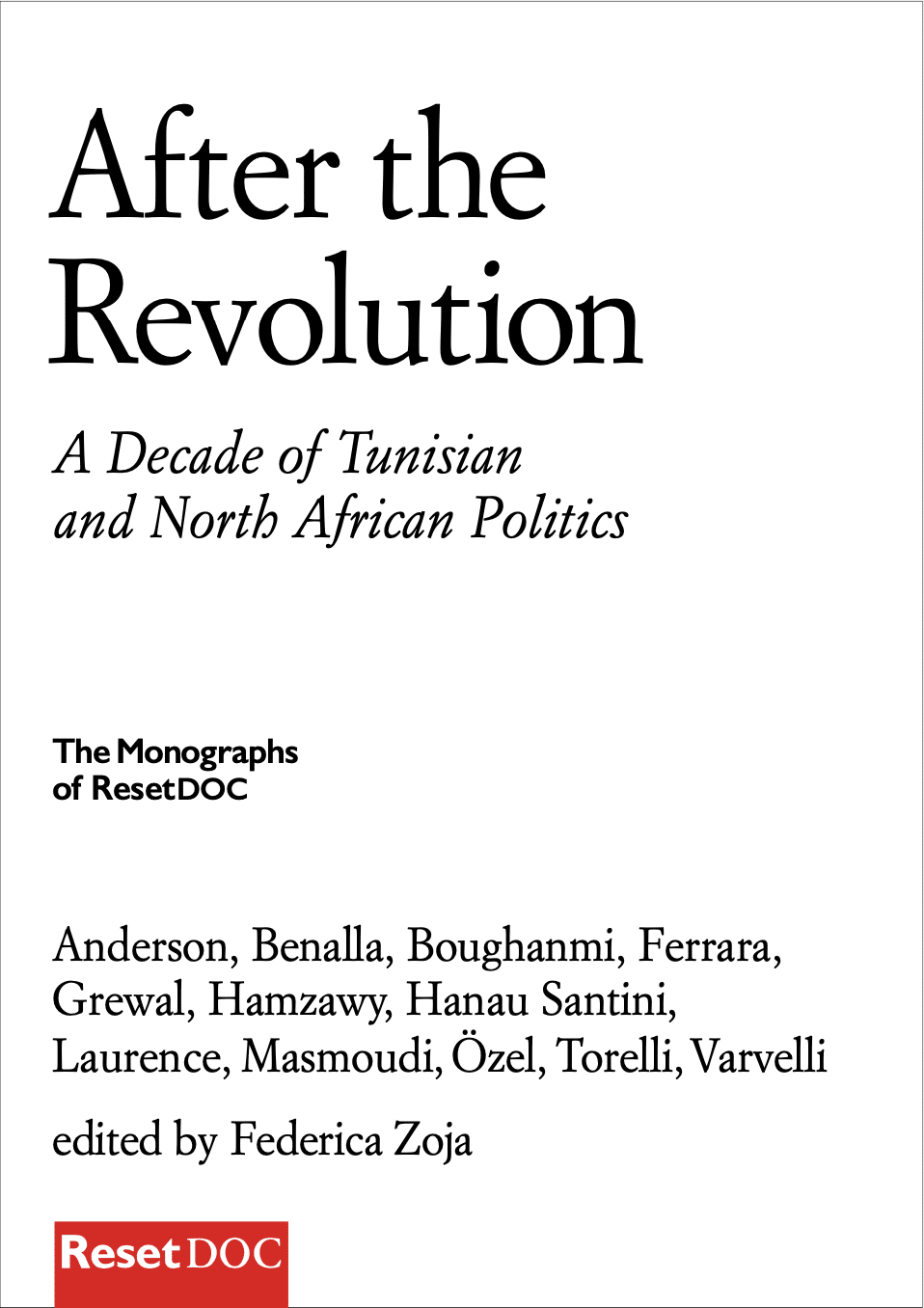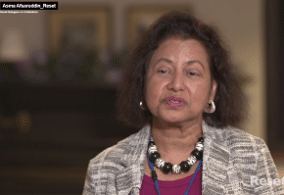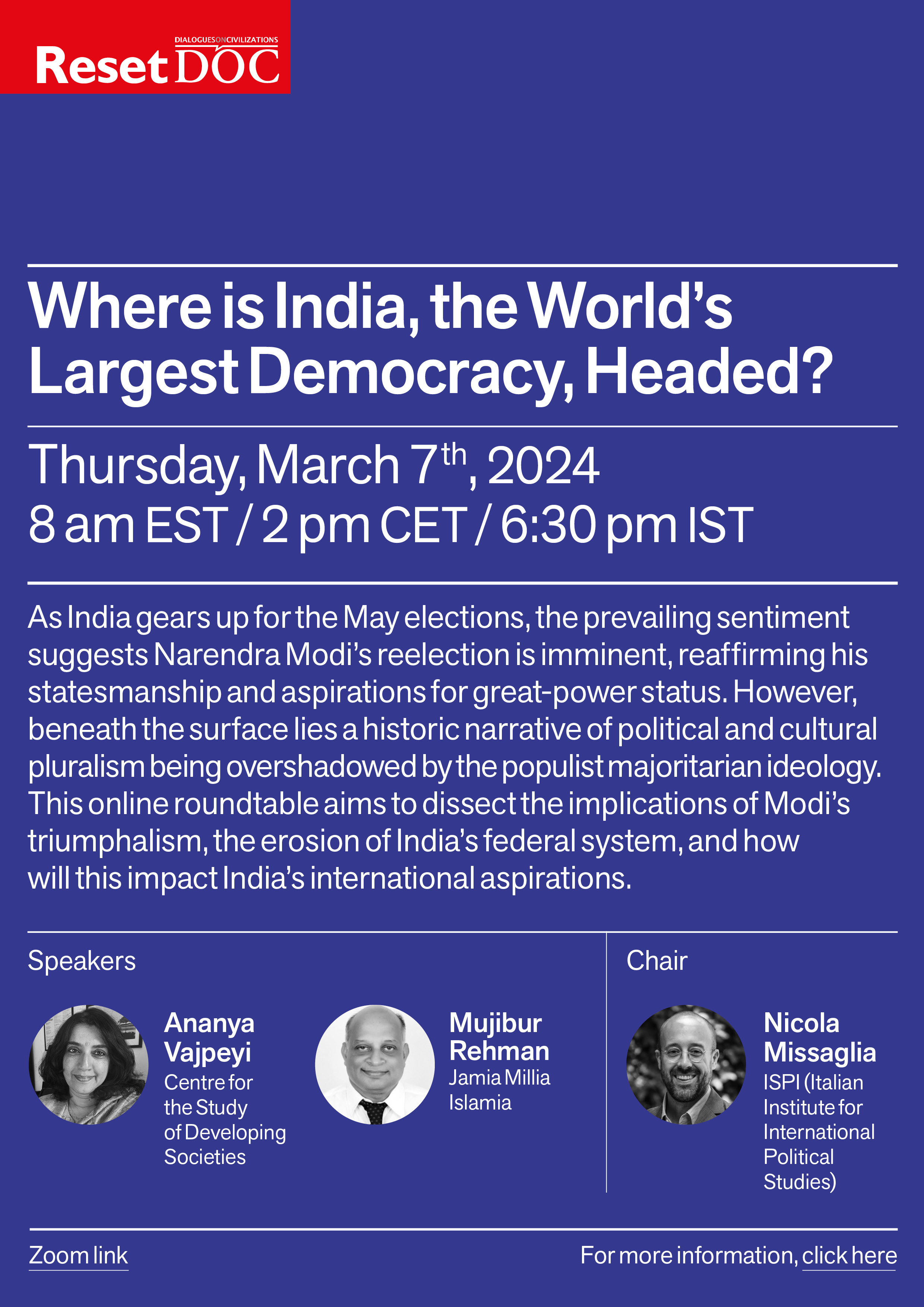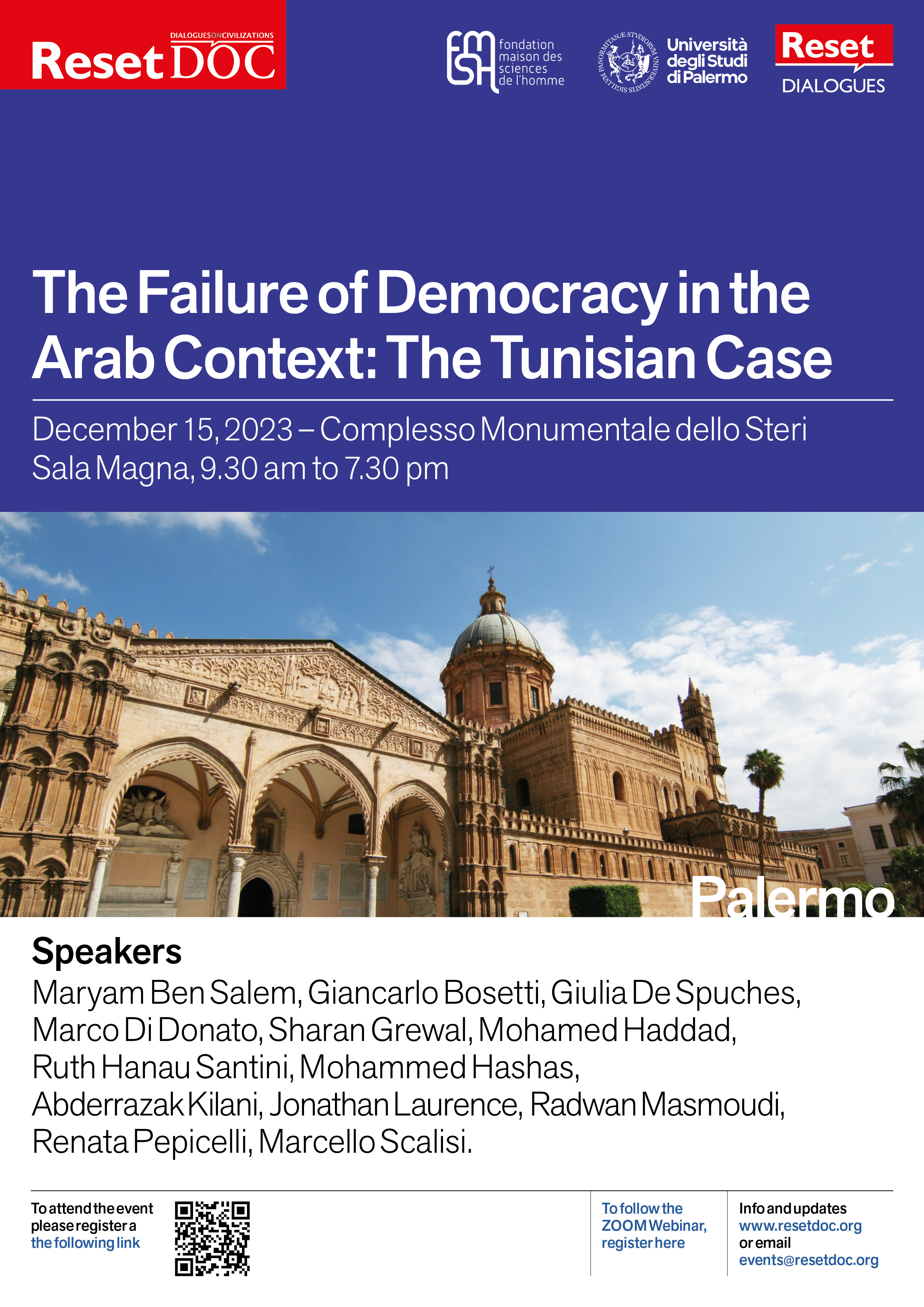Editorial Board 10 April 2025
“It is up to all of us to fix this.” In his first public speech since Donald Trump’s return to the presidency, Barack Obama urged Americans to defend democratic values and called on institutions—particularly universities and law firms—to resist the administration’s attacks. “I have deep differences of opinion with my most immediate successor—who’s now president once again,” Obama told students of Hamilton College, without naming Trump directly, “but at least for most of my time, I’d say the post-World War II era, there was a broad consensus between Democrats, Republicans, conservatives, liberals around a certain set of rules where we settle our differences—[…] bonds that transcend party, region, or ideology.”













